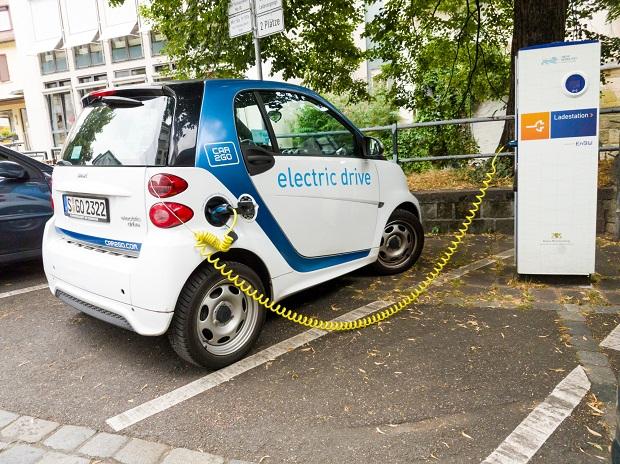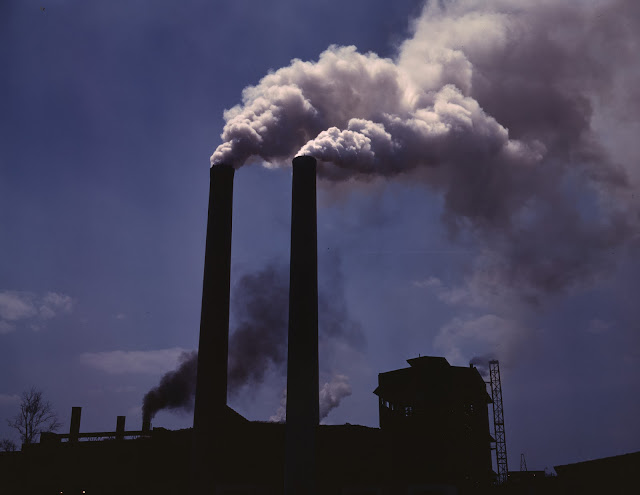Poor nutrition to encephalitis outbreak: 2019's biggest health stories

From a continued decline in infant and maternal mortality to inadequate funding for healthcare, from poor nutrition to an acute encephalitis syndrome outbreak, and from success in malaria prevention to below-par performance on leprosy control and tuberculosis elimination, here’s a look at 2019’s biggest health stories. Decrease in maternal mortality, infant mortality Fewer mothers died during childbirth as India’s maternal mortality ratio (MMR)--maternal deaths per 100,000 live births--fell 27% from 167 in 2011-13 to 122 in 2015-17, according to the Sample Registration System bulletin. However, India is still a long way from the Sustainable Development Goal for MMR: a target of 70 deaths per 100,000 live births by 2030. Three Indian states have already achieved this--Maharashtra, Tamil Nadu and Kerala. India’s infant mortality rate--deaths per 1,000 live births--also fell from 42 in 2012 to 33 in 2017, as IndiaSpend reported in June 2019. This rate is higher than the glo...



